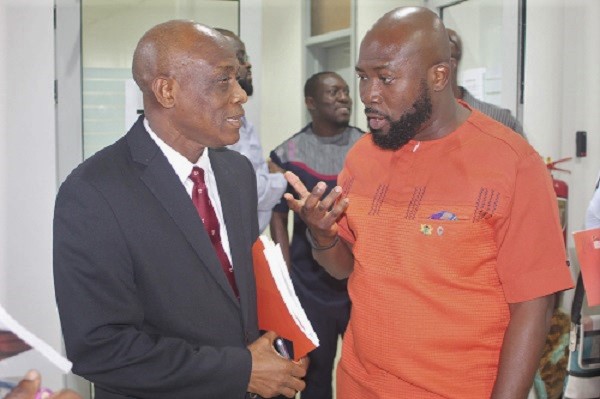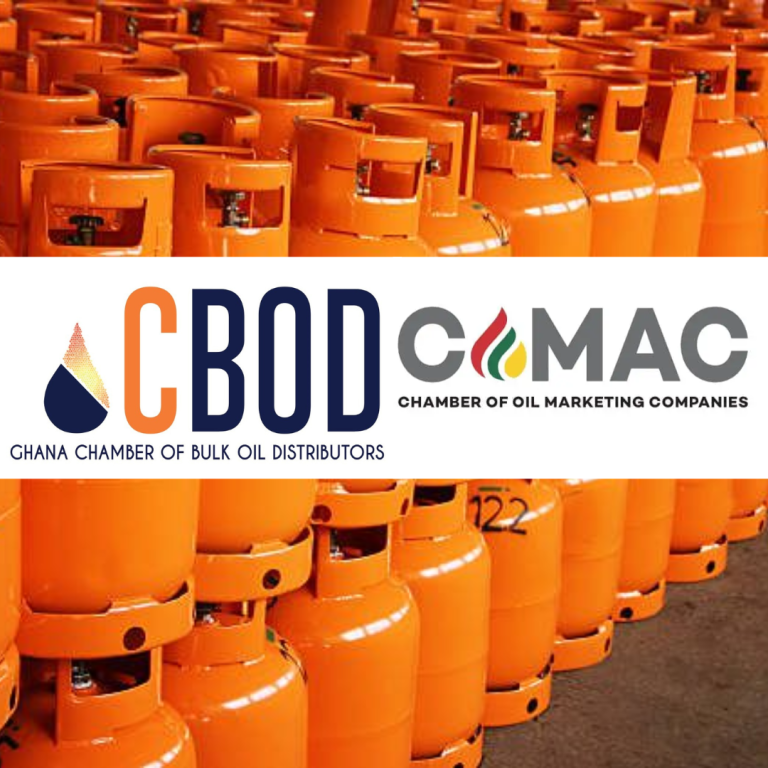The Chief Executive Officer of the Chamber of Bulk Oil Distribution Companies (CBOD), Mr Senyo Hosi, has blamed the largely poor state of state-owned enterprises (SoEs) on the extension of partisanship into the management of the firms, and that the situation will worsen if politics is not separated from state businesses.
He has, therefore, called for a paradigm shift in the management of SoEs devoid of political interference.
Get Digital Versions of Graphic Publications by downloading Graphic NewsPlus Here. Also available in the Google Play Store and Apple App Store
He said there was too much politics influencing commercial decisions in SoEs in the petroleum downstream sector, citing the Tema Oil Refinery (TOR) and the Bulk Oil Storage and Transportation Company (BOST) as examples.
Speaking at the launch of its 2018 industry report in Accra, Mr Hosi said although TOR remained a viable entity that needed to be revamped, it was important to clearly halt the political interferences.
“There is a problem with the way we manage some of our SOEs, and we need to be very careful. It is our advice that government should stay in the business of policy and let the private sector and the regulator drive industry. I think that helps us as a country from our learnings from TOR and BOST,” he said.
Mr Hosi said the country needed to have some refining activity as it produced a lot of crude but the refining business was a serious one that needed to be carried out as such.
“We are not going to have a functional TOR with political influence. It is a business and it needs the orientation of a commercial entity. Some of the problems include the politics and the interferences in some of the commercial decisions that are made at TOR,” he said.
Mr Hosi noted that it was important to leverage TOR as a refinery trigger for the petroleum hub concept as it would minimise the investment risk.
He said the value proposition to investors should be well established to help to de-risk investment considerations.
“In pursuit of this, it is advised that recommendations in the report for increasing storage asset utilisation through the positioning of Ghana as a redistribution hub be favourably considered.
Source: Graphic Online





